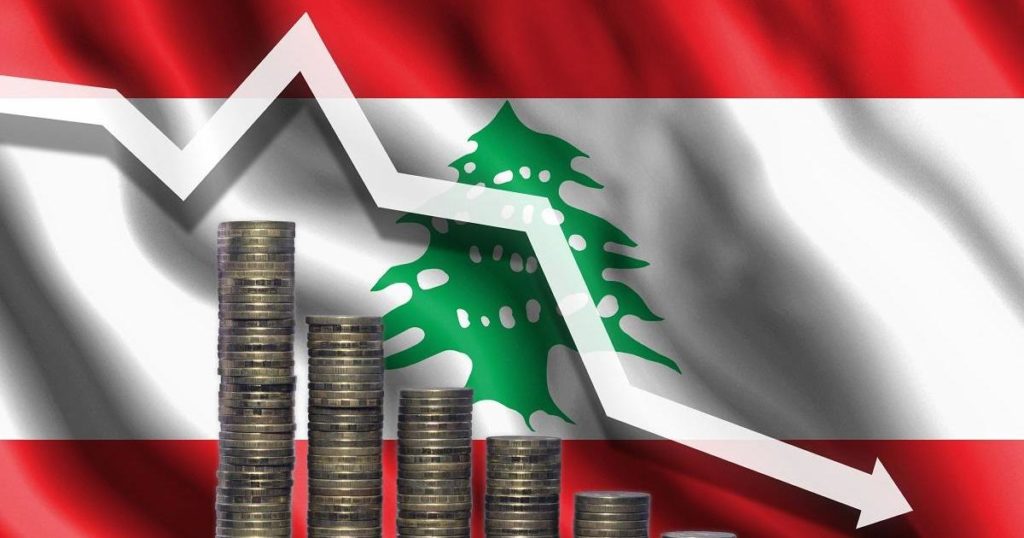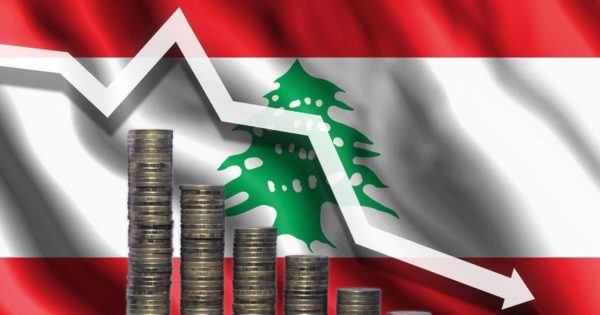
The economic collapse in Lebanon is already one of the deepest depressions recorded in modern times, and is likely to get even worse, the World Bank said, predicting GDP would shrink this year by a further 9.5%.
In a report remarkable for its strong wording, the bank blamed what it called “deliberately inadequate policy responses” from the governing elite for worsening a financial meltdown “likely to rank in the top 10, possibly top three, most severe crisis episodes globally since the mid-nineteenth century”.
The economic collapse in Lebanon is already one of the deepest depressions recorded in modern times, and is likely to get even worse, the World Bank said, predicting GDP would shrink this year by a further 9.5%.
In a report remarkable for its strong wording, the bank blamed what it called “deliberately inadequate policy responses” from the governing elite for worsening a financial meltdown “likely to rank in the top 10, possibly top three, most severe crisis episodes globally since the mid-nineteenth century”.
Fuelled by decades of state waste and graft, the crisis started before the COVID-19 pandemic and accelerated after a huge stockpile of ammonium nitrate exploded in the capital’s port in August last year, killing 200 people.
The report said the crisis had been worsened by a “debilitating institutional void” caused by political deadlock. The cabinet has been acting in a caretaker capacity since resigning after the Beirut explosion, while politicians have failed to agree on a new government to replace it.
That in turn has stalled reforms of the financial sector and huge loss-making state utilities, and left bailout talks with the International Monetary Fund on hold.
More than half the population is now probably below the poverty line, said the report. The 12-month inflation rate has risen to 157.9% in March this year from 10% in January last year. Unemployment has risen to nearly 40% late last year from 28% in February 2020. Access to healthcare has become limited.
While declining imports due to the economic contraction had narrowed the current account deficit, a halt in capital inflows had depleted foreign exchange reserves at the central bank, further hurting the ability to pay for imports.
Central bank reserves stood at just over $15 billion in March, compared with more than $30 billion before the crisis hit in 2019.
Public debt, which was already unsustainable, has been further aggravated by the economic crisis, with debt estimated at 174% of GDP by the end of last year.
“Whereas the surge in inflation is rapidly eroding the real value of domestic debt, the sharp depreciation of the currency continues to make Lebanon’s sovereign debt burden unsustainable,” said the report. The fiscal position would keep deteriorating due to “a continued collapse in revenues”.
At stake, said the World Bank, is an already fragile social peace, with more unrest potentially triggered by an inability to pay for import subsidies, or interruptions to public services such as electricity, water and education.
Reuters


Leave a Reply
You must be logged in to post a comment.